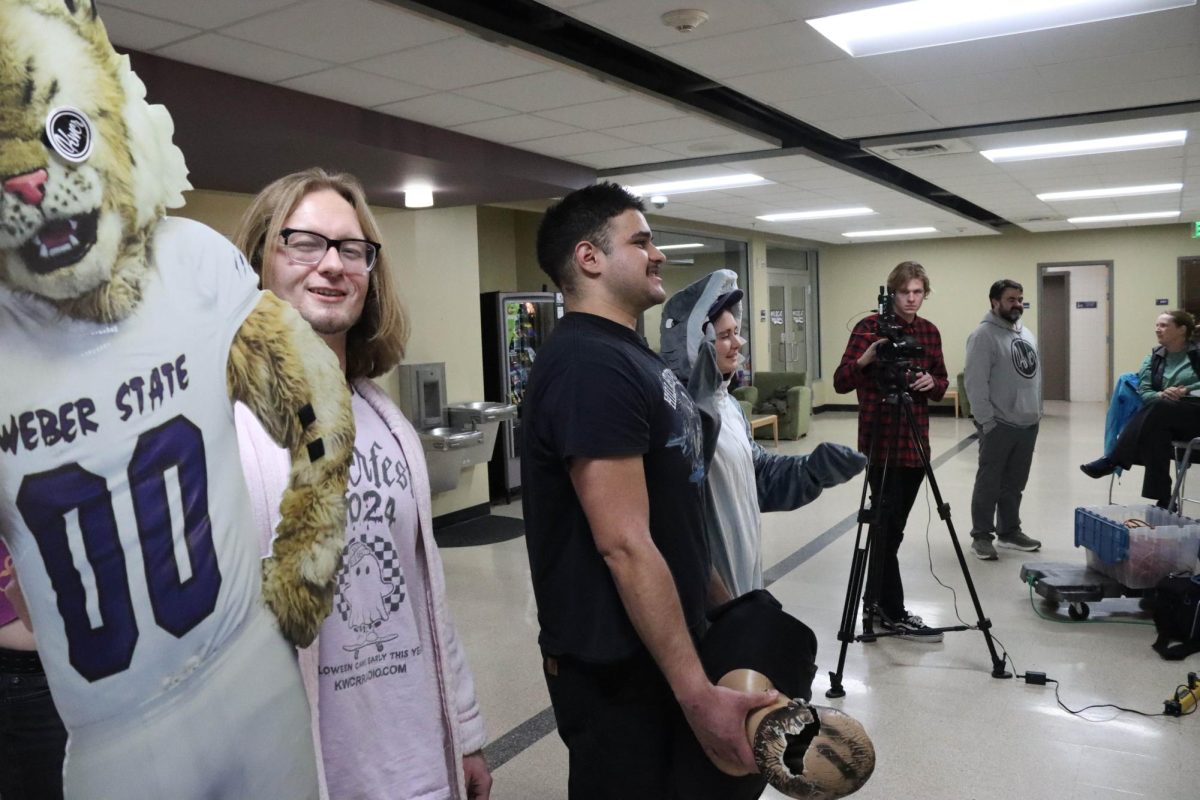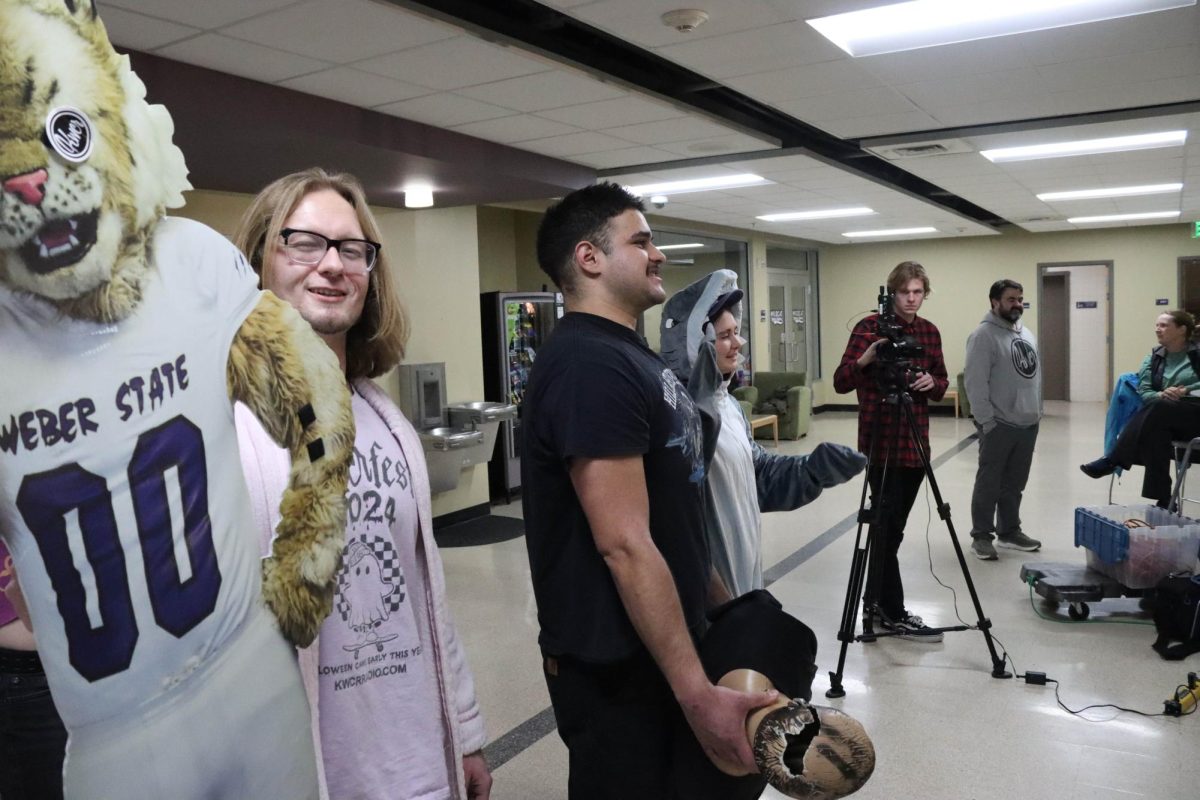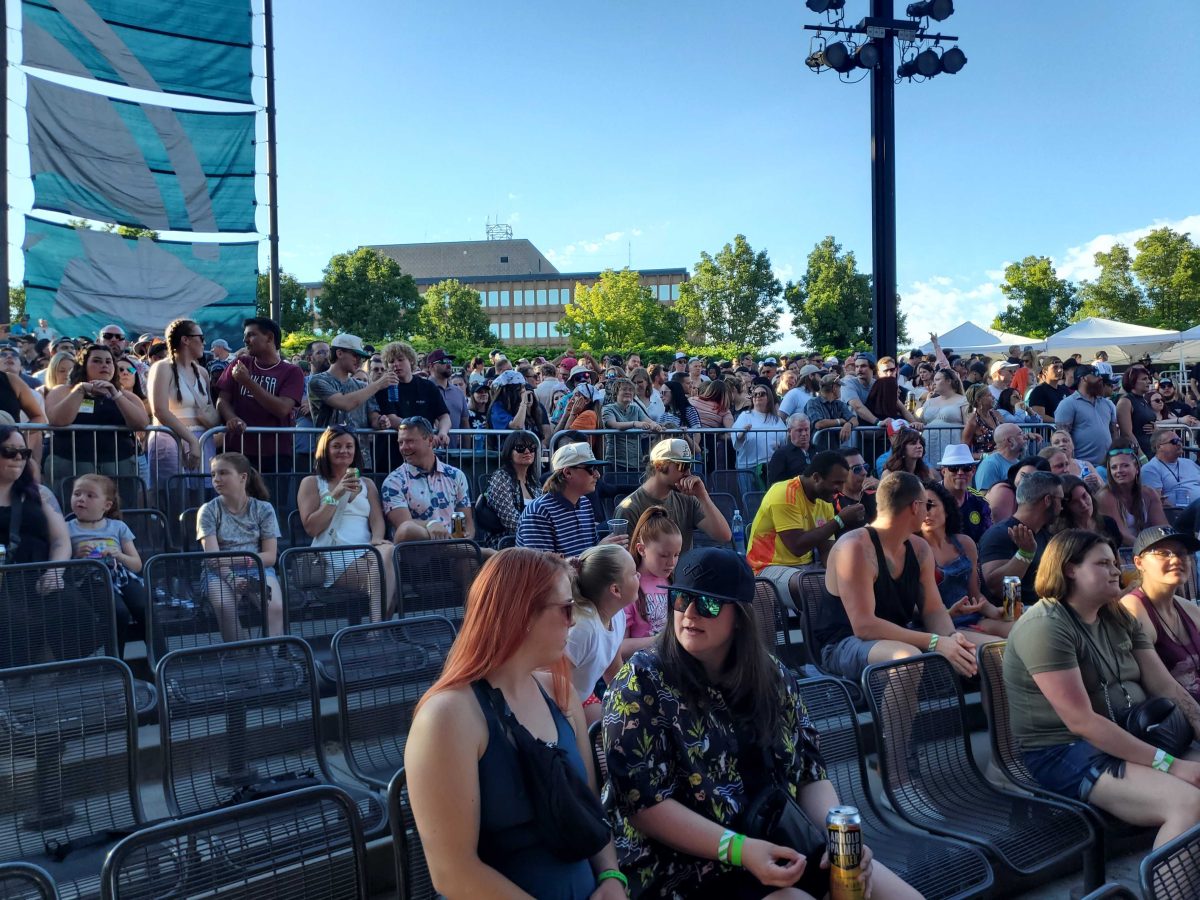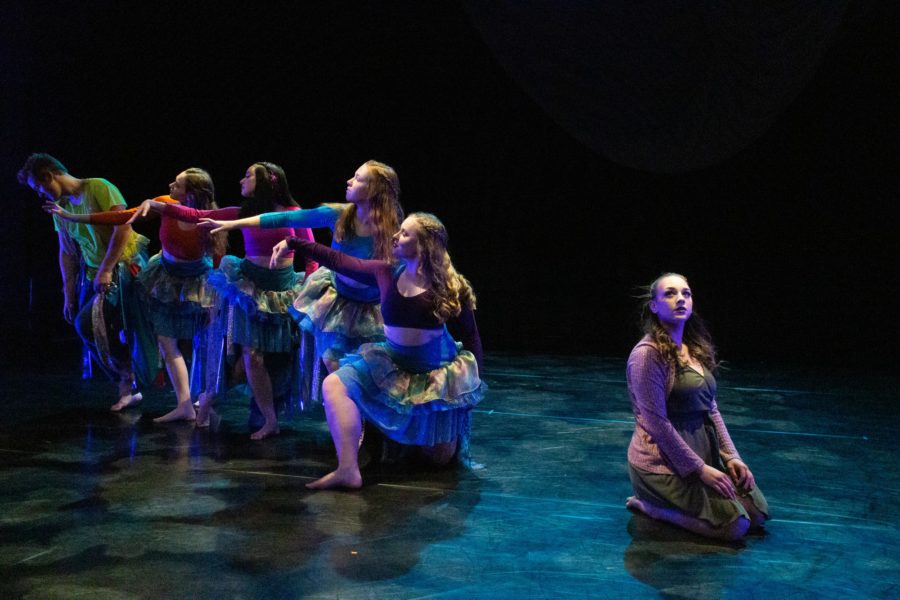
Earning a degree in music is no big deal, right? All music students do is sing, play piano or bow a violin. What could be hard about that?
Actually, earning a bachelor’s degree in music at Weber State is much more difficult than expected. Most students take five, or even six years to earn their undergraduate degree in music.
According to Thomas Priest, chair for the department of performing arts and professor in choral education and bassoon, many required classes are only one or two credit hours, whereas in most majors classes are usually three credits.
Priest said that while music classes are light on credits, students are given as much homework and are expected to study as much as they would for three-credit courses. Priest also noted that some classes are performance-based, like choir, band, orchestra or private lessons, and having those classes as three credits would prevent students from being able to take a variety of classes.
While this seems intense, Priest said that making the majority of classes worth one to two credits is for the good of the students, allowing them to learn more while attending Weber State.
“One of the purposes of this is that you can only have a degree with so many credit hours,” Priest said. “It may be a one-credit class, but they’re spending anywhere from six to 12 hours a week, maybe more, for that one-credit class so it goes to show you how rigorous the classes are.”
James Fanjul, a senior in keyboard performance, can attest to this fact.
“Most of our classes are one or two credits so that means we have to take seven to 10 classes per semester just to have that full credit status, but each class still has three or four hours of homework each,” Fanjul said.
Fanjul said that as a music major, his days begin with several hours of practicing followed by several hours of classes. In addition to his classwork, Fanjul is required by the keyboard program to practice at least three hours a day, a total of 18 hours in one week. While 18 hours is required, Fanjul said that he and many of his fellow piano students practice for many more hours in order to perfect their skills.
Katherine Johnson, a senior pursuing a BIS degree emphasizing in music, photography and anthropology, said that she herself has spent many hours at the Browning Center practicing pieces and studying for classes.
“Sometimes I feel like I live at the Browning Center,” Johnson said. “I come to school when the sun is barely up and most nights I leave after the sun has set.”
Johnson said that she’s heard some of her fellow music students complain about the effort necessary to earn a degree in music, but that she doesn’t agree with them. Johnson believes the joy that music and performing gives her is worth all of the hard work she puts into her music classes.
With all that hard work put into practicing, Fanjul, Johnson and Priest encourage students to come and enjoy student performances.
“I know that myself and any of the other pianists here would love to perform for people, in the practice rooms even, if they came by knocking,” Fanjul said.
Students of all musical disciplines work to prepare junior and senior recitals. Each semester many students perform their recitals without much support from their fellow students outside of the music program.
“They work hard and they do very good work,” Priest said. “I always think it’s a shame if someone goes through school here and they’ve never seen the plays and the dance performances and the music performances. I think they’d be pleasantly surprised about the quality of student work.”


















